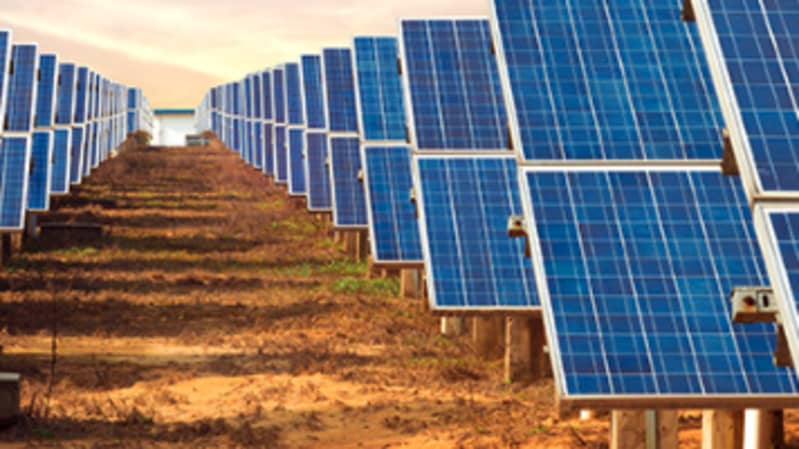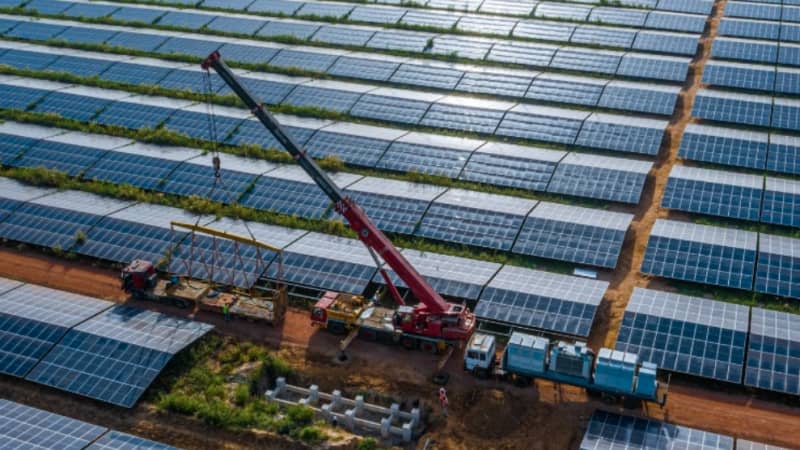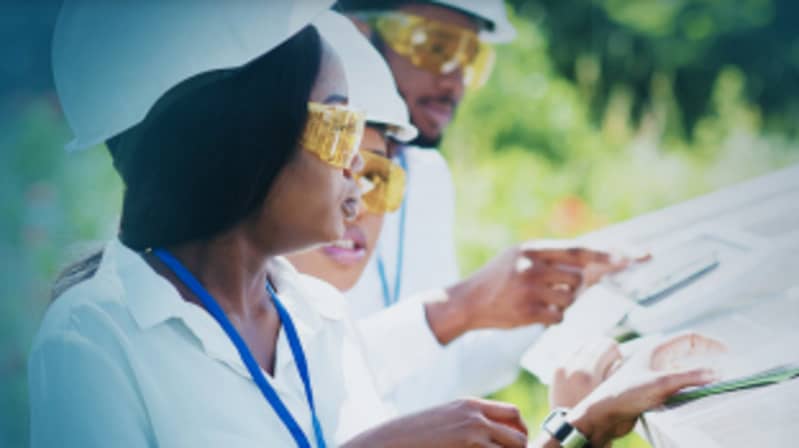Solar Snapshots
Two solar plants in Senegal provide renewable energy for about 540,000 people who are now expanding local businesses, feeding their families, attending school, and operating community services. Here are some of their stories.

Before the Kahone and Kael solar fields were commissioned in 2021, people in Senegal's central region experienced frequent interruptions of their electricity supply. These blackouts, also called "load shedding," occurred when demand for electricity exceeded the available energy, and power had to be shut down to avoid overloading the national grid. The Kahone (36ha) and Kael (30ha) solar fields have changed that. The fields–which together equal the size of about 52 football pitches–connect to the national electricity grid, offering steady renewable power while contributing to Senegal's goal of increasing the share of renewable energy in its energy mix to 30 percent. Through the Scaling Solar program–which brings together IFC transaction advisory support to develop the project and World Bank Group financing, insurance, and guarantee instruments–the Kahone and Kael solar plants are providing a total of 79 MWp of clean, reliable power at one of the lowest prices for electricity in West Africa. This helps avoid up to 89,000 tons of CO2 each year. These are emissions that would otherwise have been produced by conventional power plants, says Jeylani Diop, CEO of SolarSen, the largest solar energy producer in Senegal and umbrella company to the Special Purpose Vehicles that own and operate the Kahone and Kael plants. Community outreach and support have been central to SolarSen's efforts. Among other initiatives, it has built a new credit union to support locally-owned small businesses.
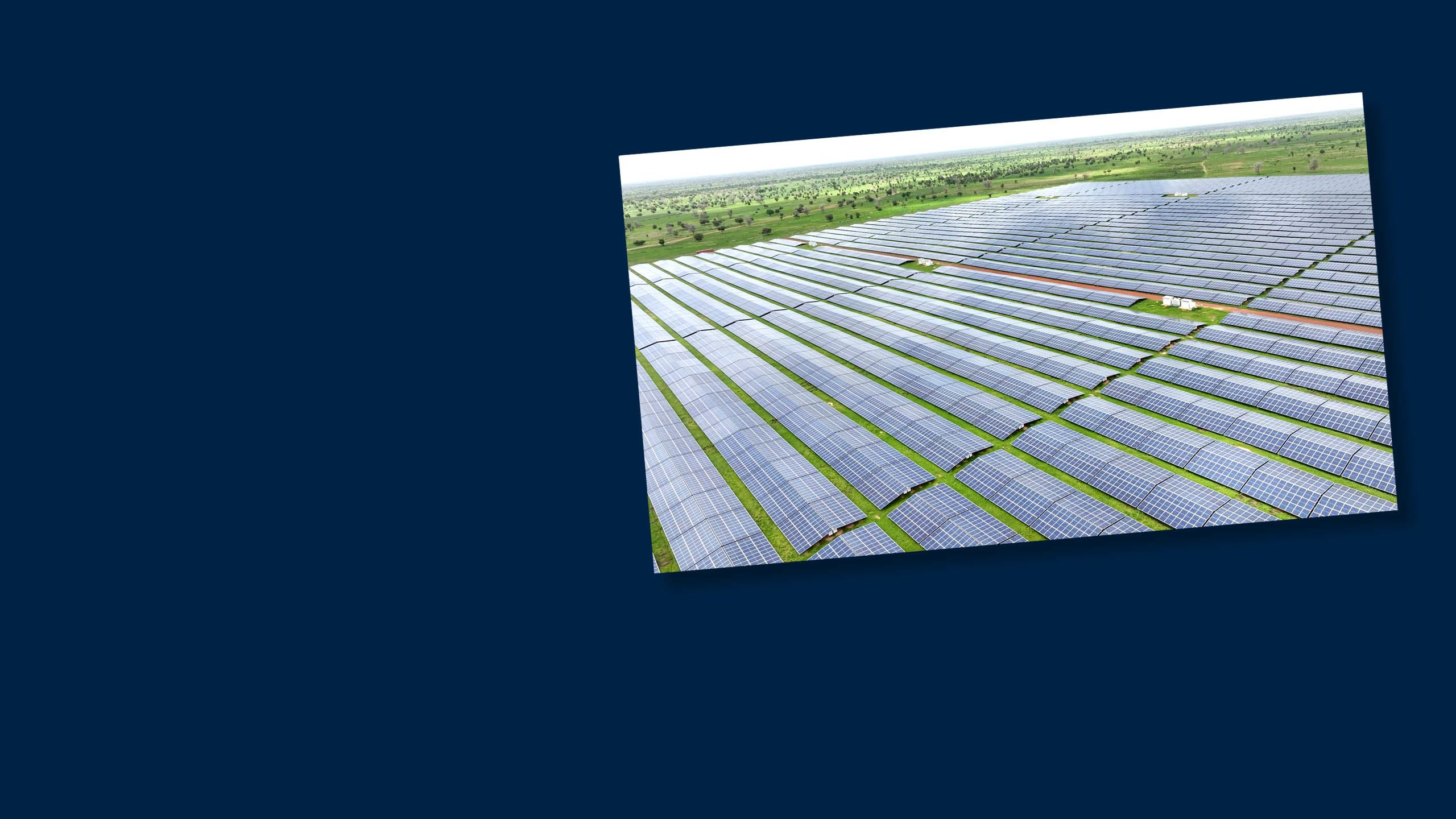
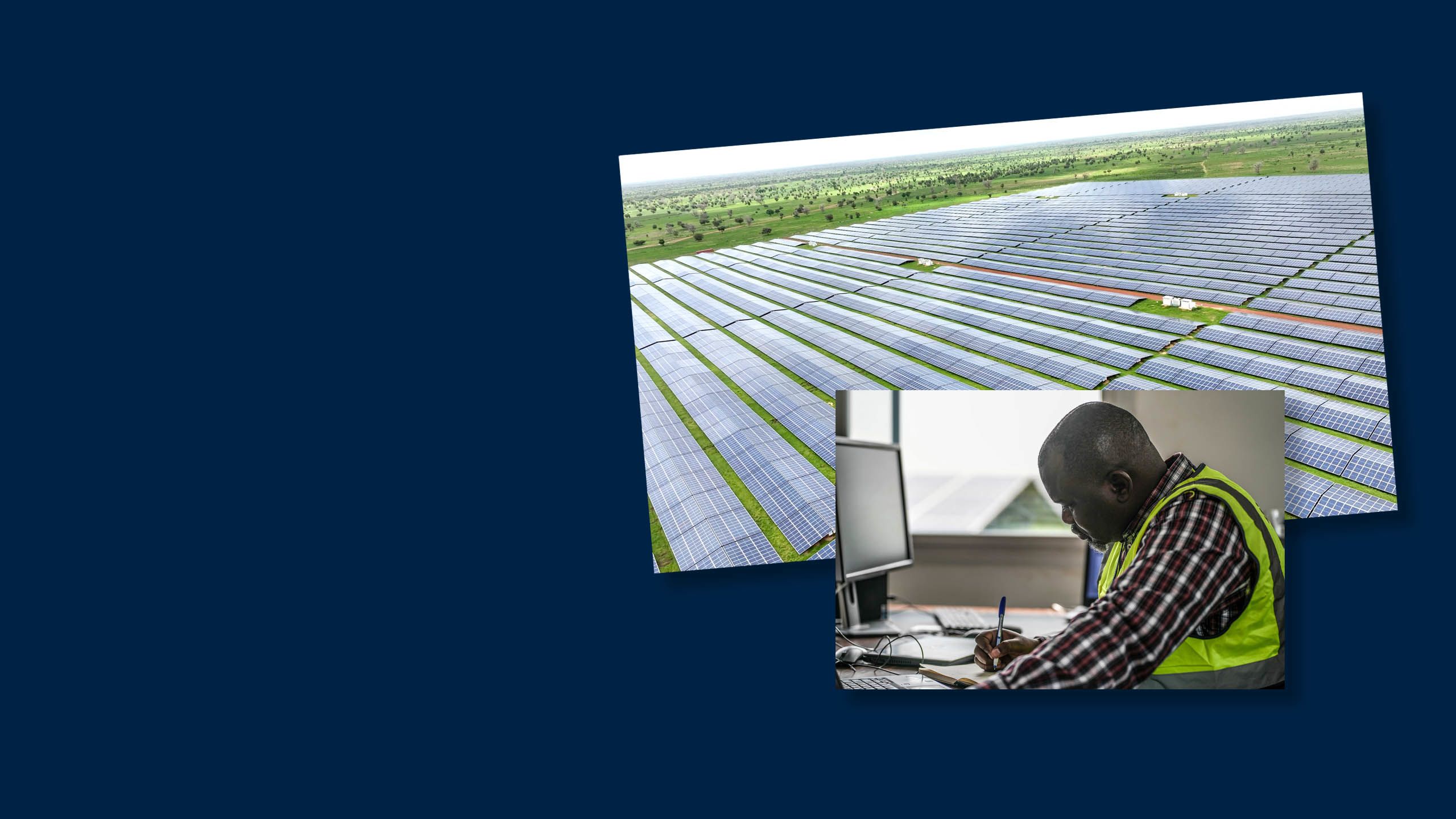
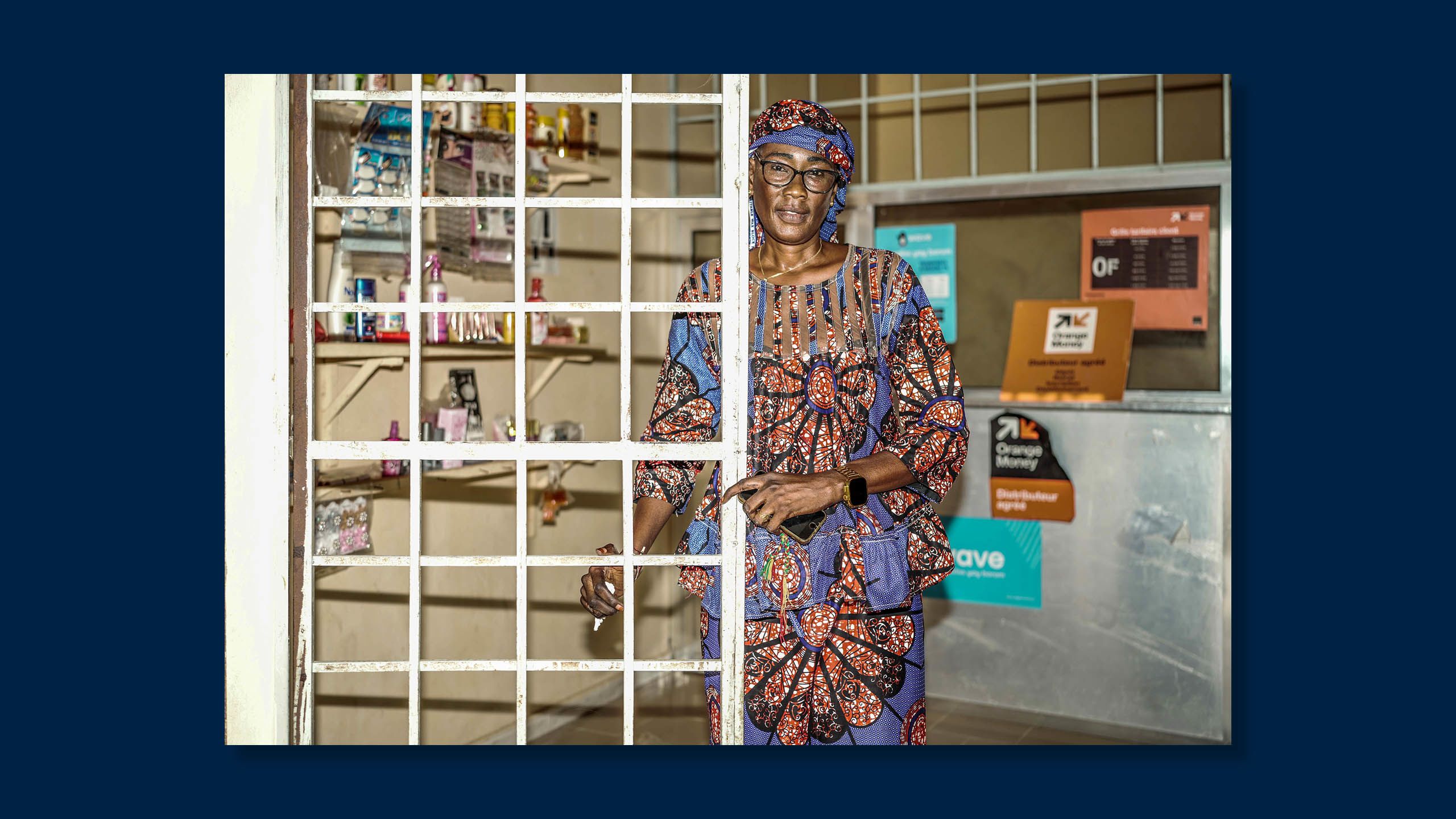
“We know how vital it is always to have electricity. I am the owner of a full-service business. I print and photocopy documents for my clients and do money transfers. So I need electricity all the time to work.” – Oumou Faye, business owner and member of the Kahone Women's Cooperative.
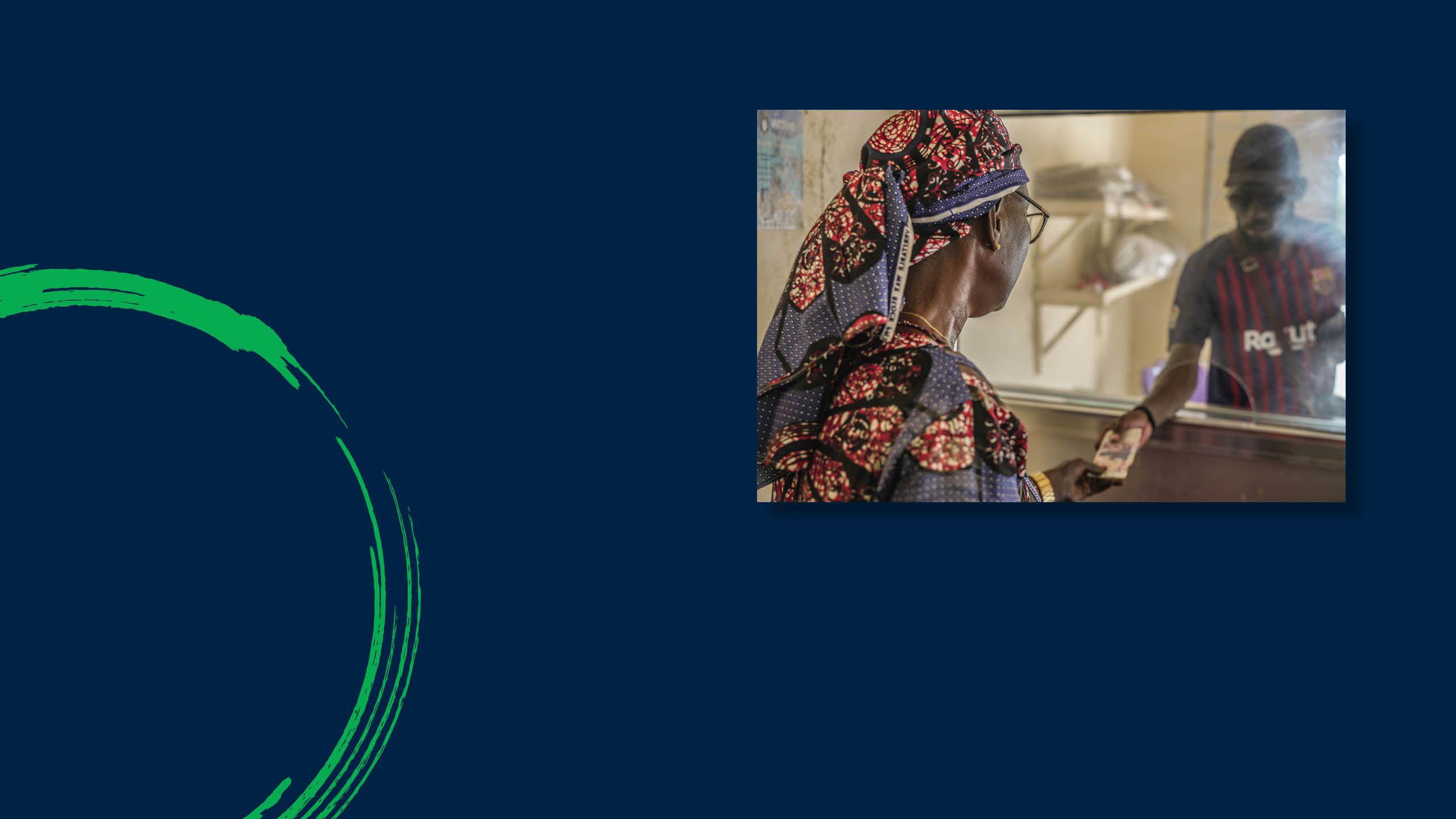
In addition to offering money transfers and photocopying, “I was able to develop my business by adding a cosmetics area.”
“I am proud of what I do and how I provide for my loved ones.”
To help residents who have made their land available for the solar project, SolarSen set up an agro-pastoral farm, made available medical and school equipment, and built a credit union for women-owned small businesses, Diop says.
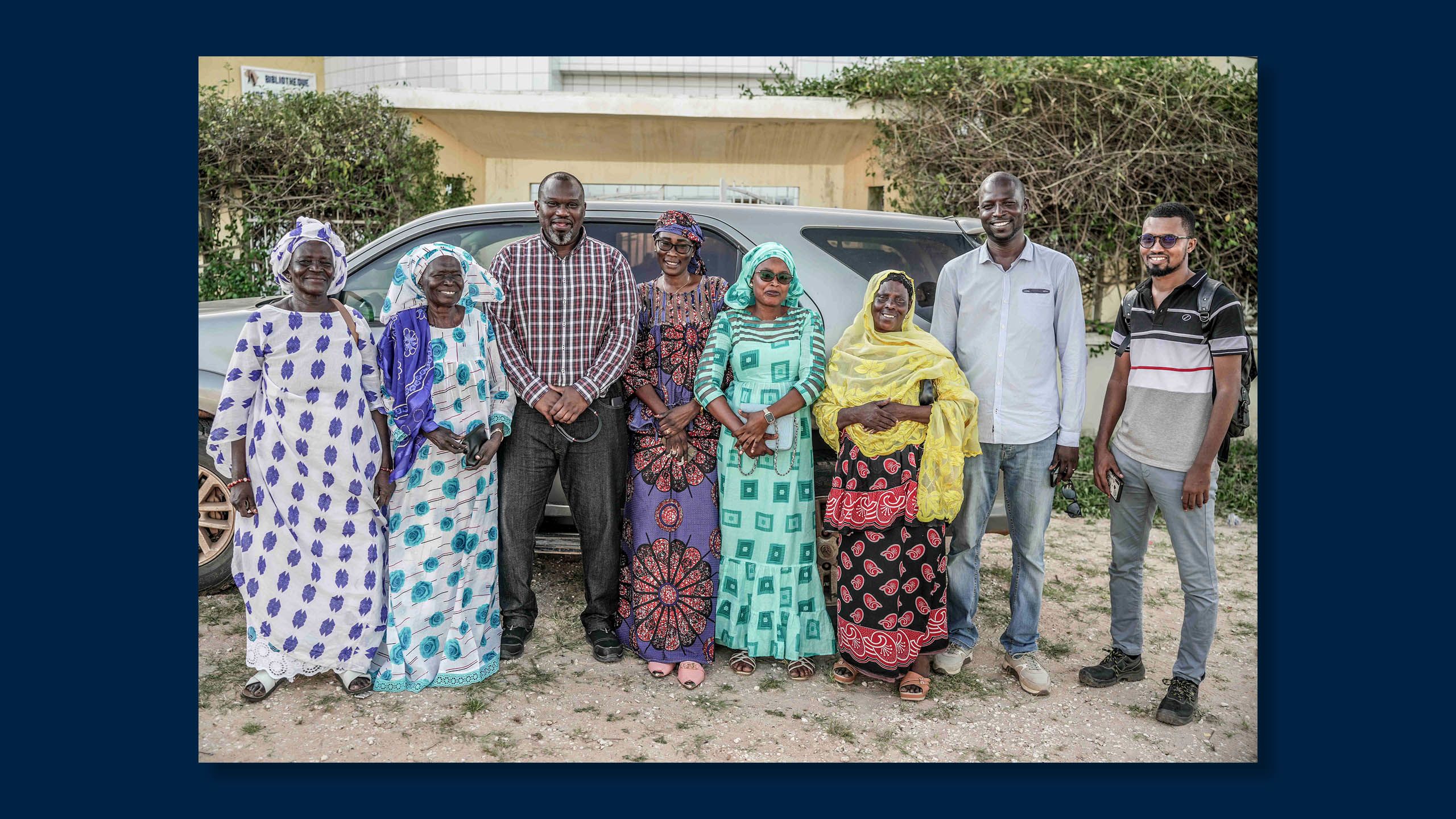
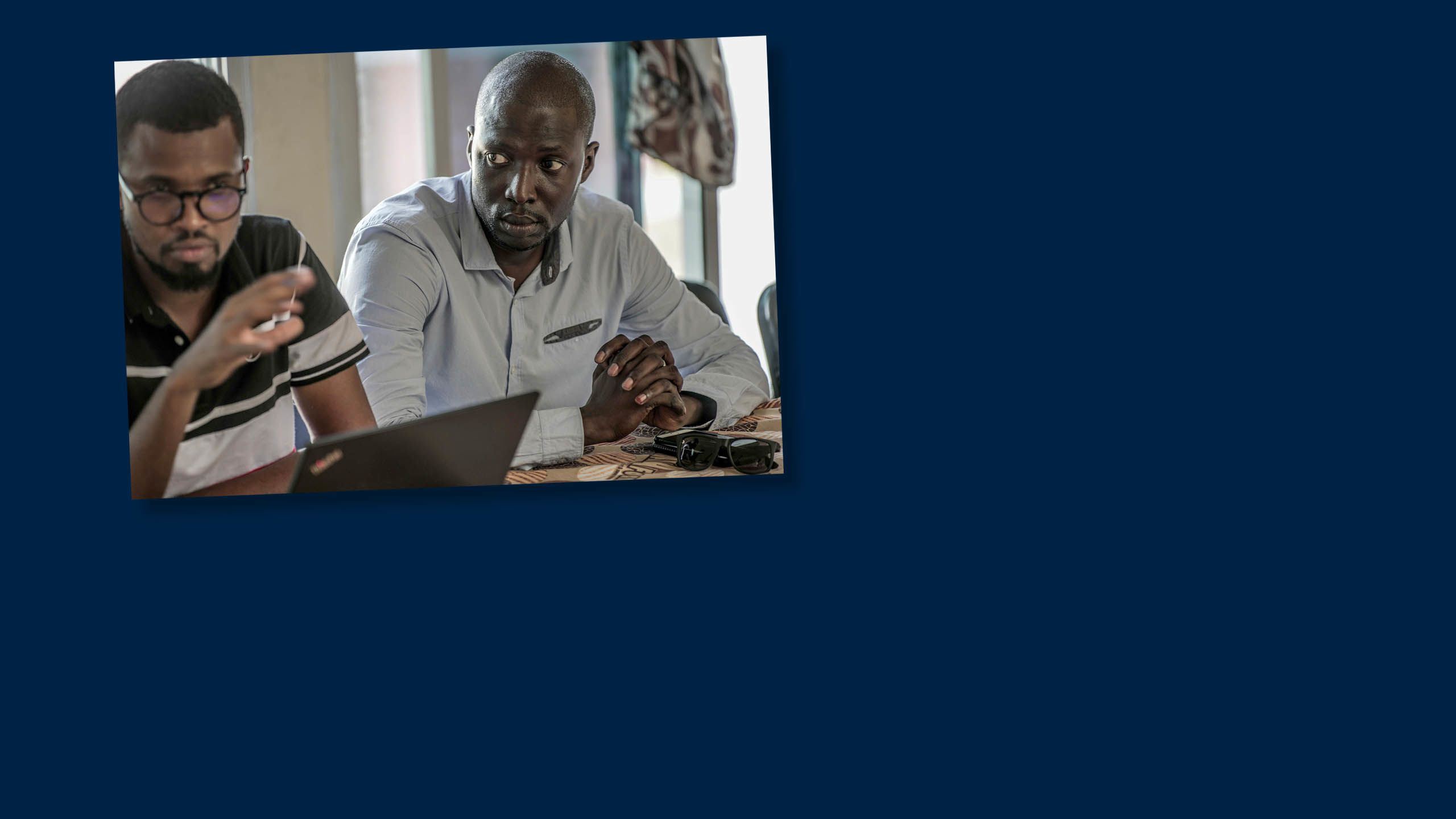
Mariama Faye, a widow and a water vendor in Kahone who lives with her children and grandchildren, admits that “Things can be challenging here.” The credit union set up by SolarSen means that small businesses can operate more easily and children can attend school, she says. Faye's grandson, a football player, hopes to become an international star.
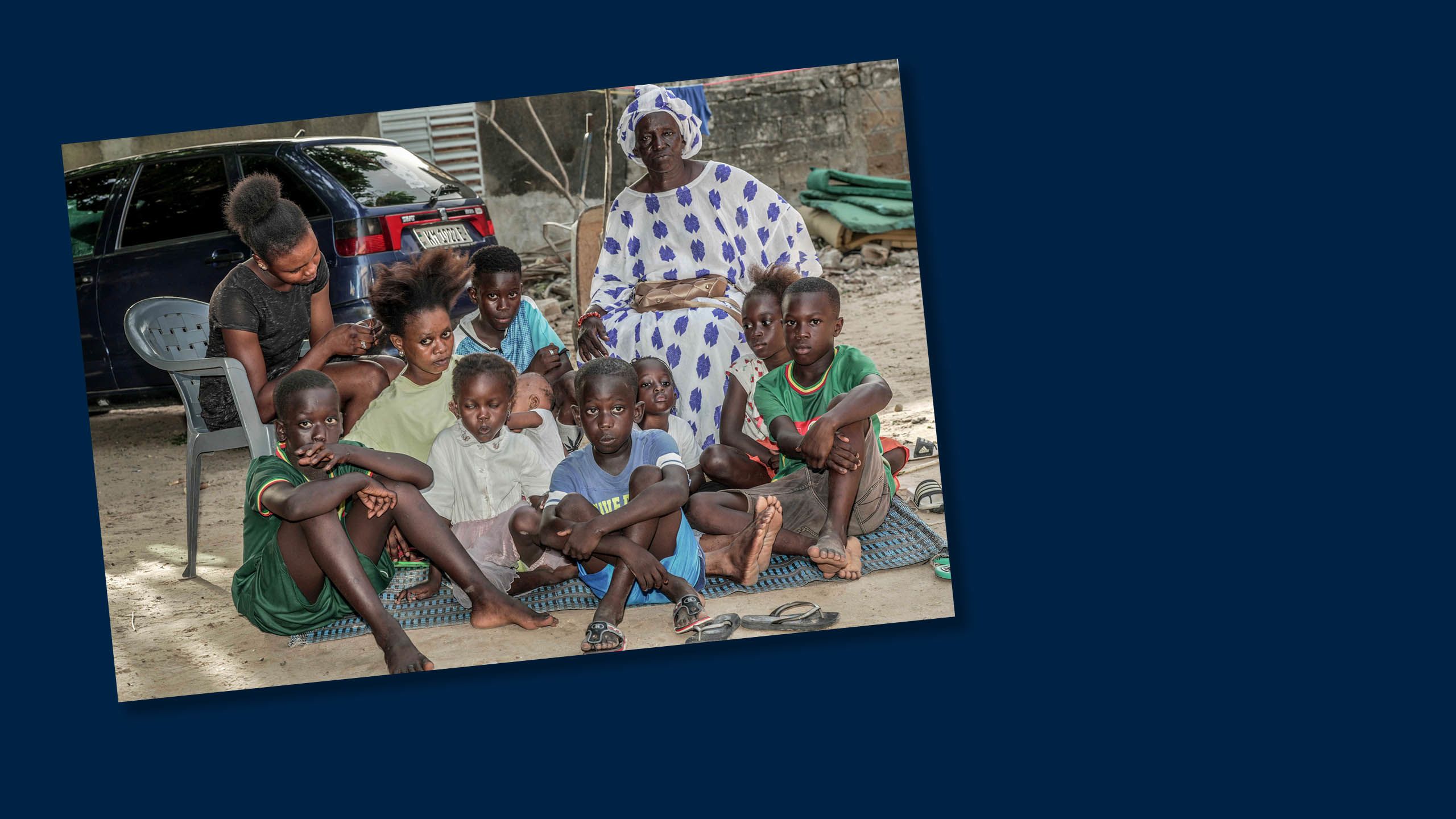
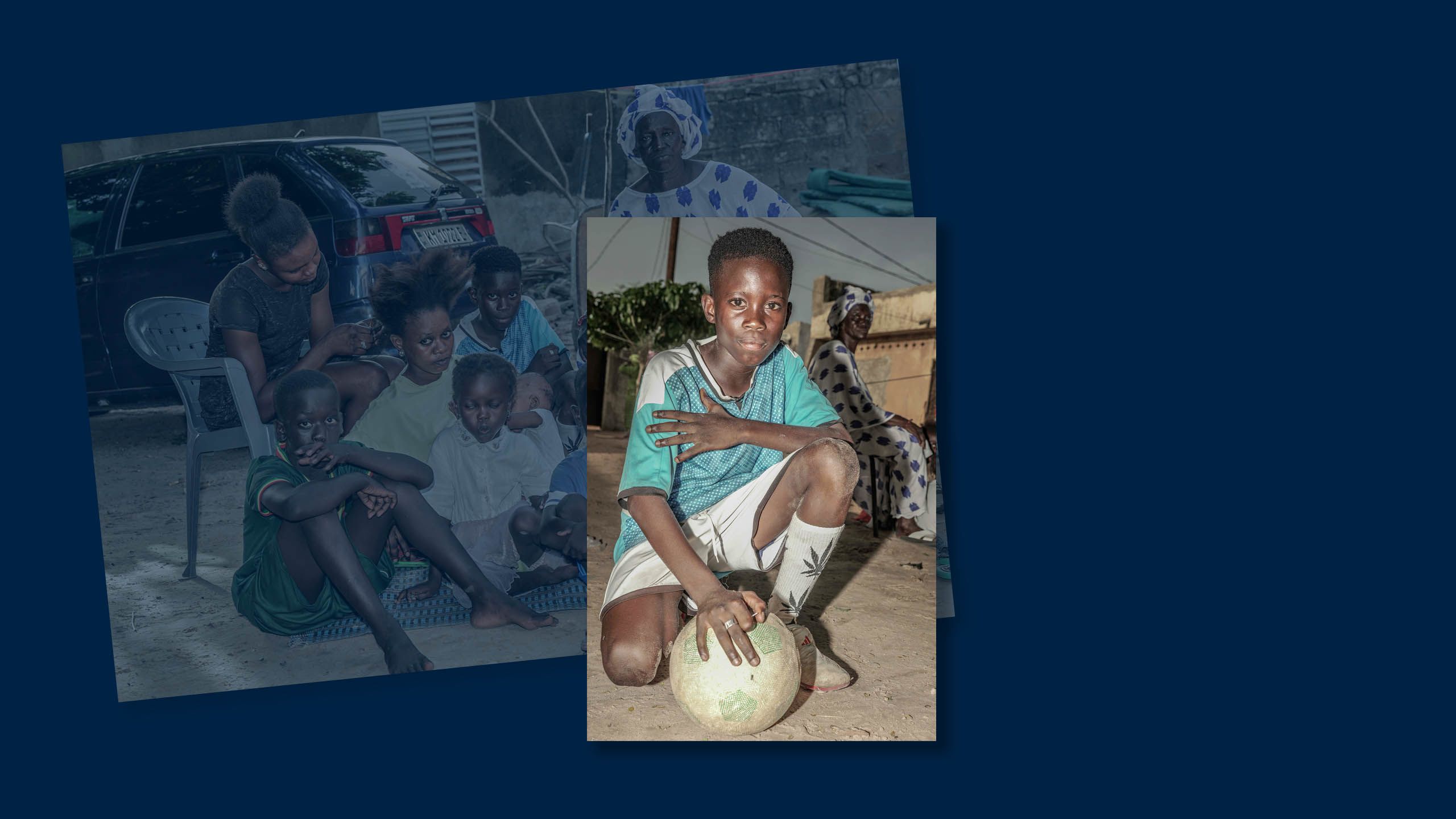
Kael's mayor, El Hadj Ba, oversees other company initiatives for town residents, such as distribution of millet mills and hospital beds.
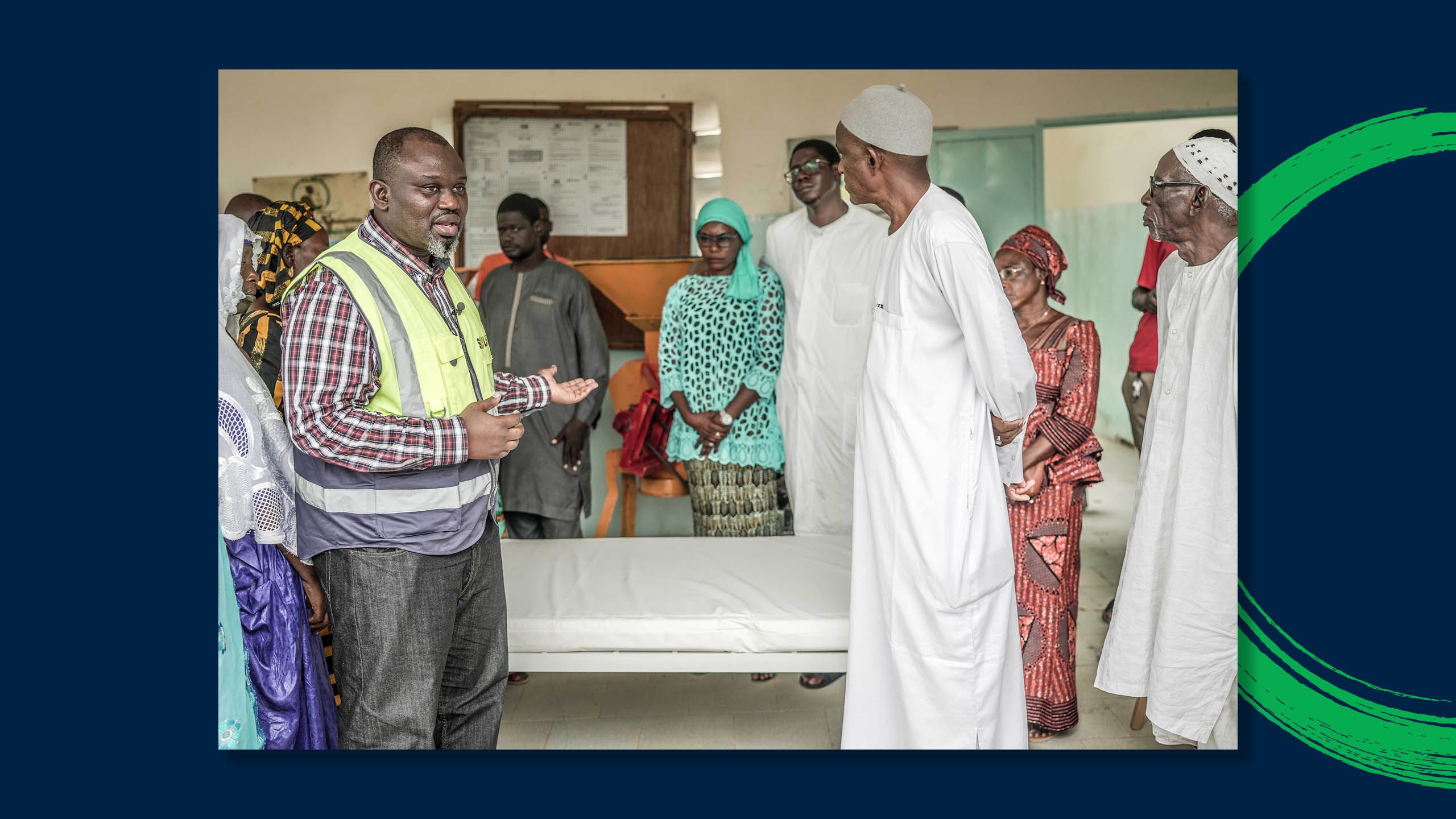
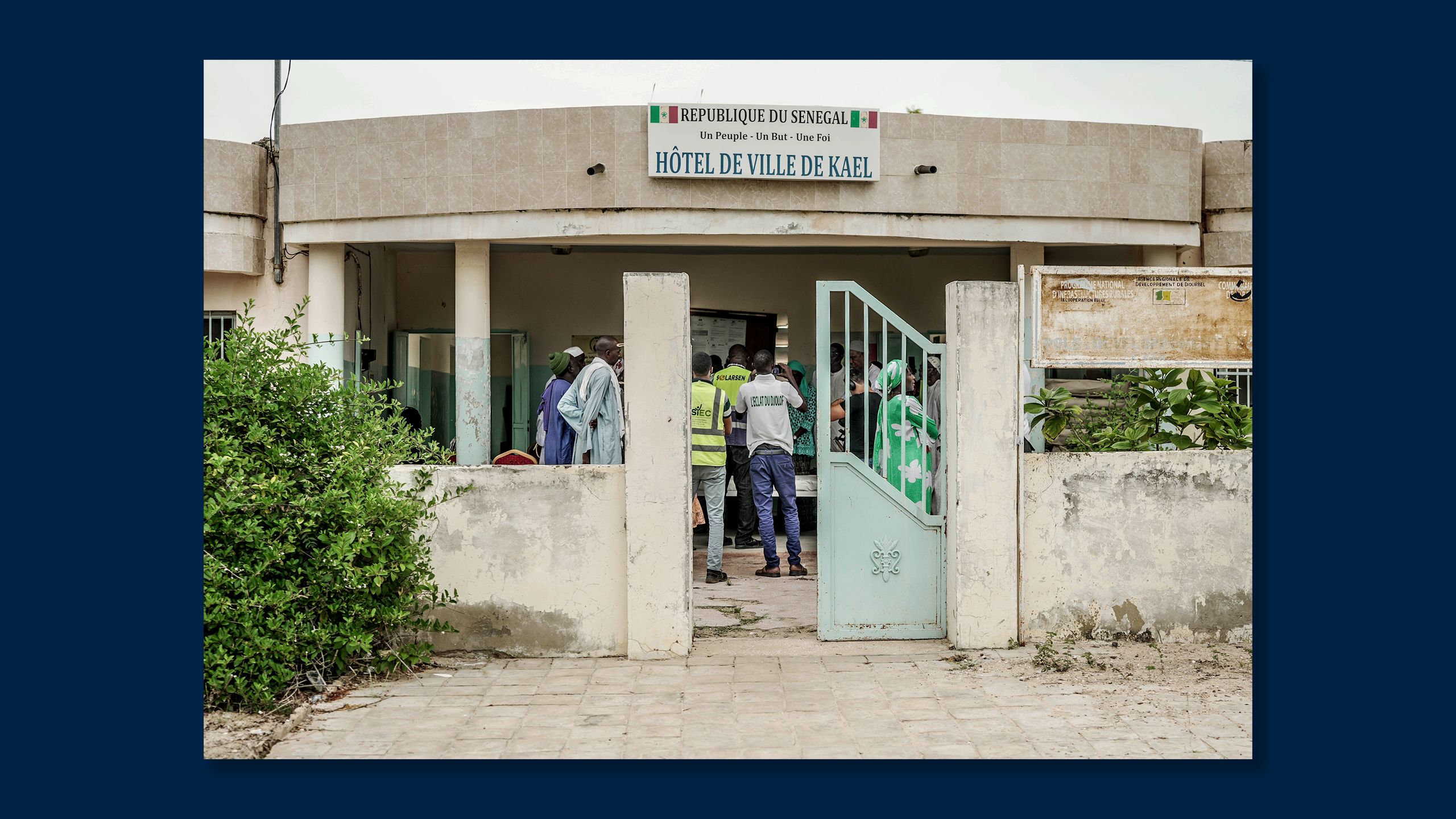
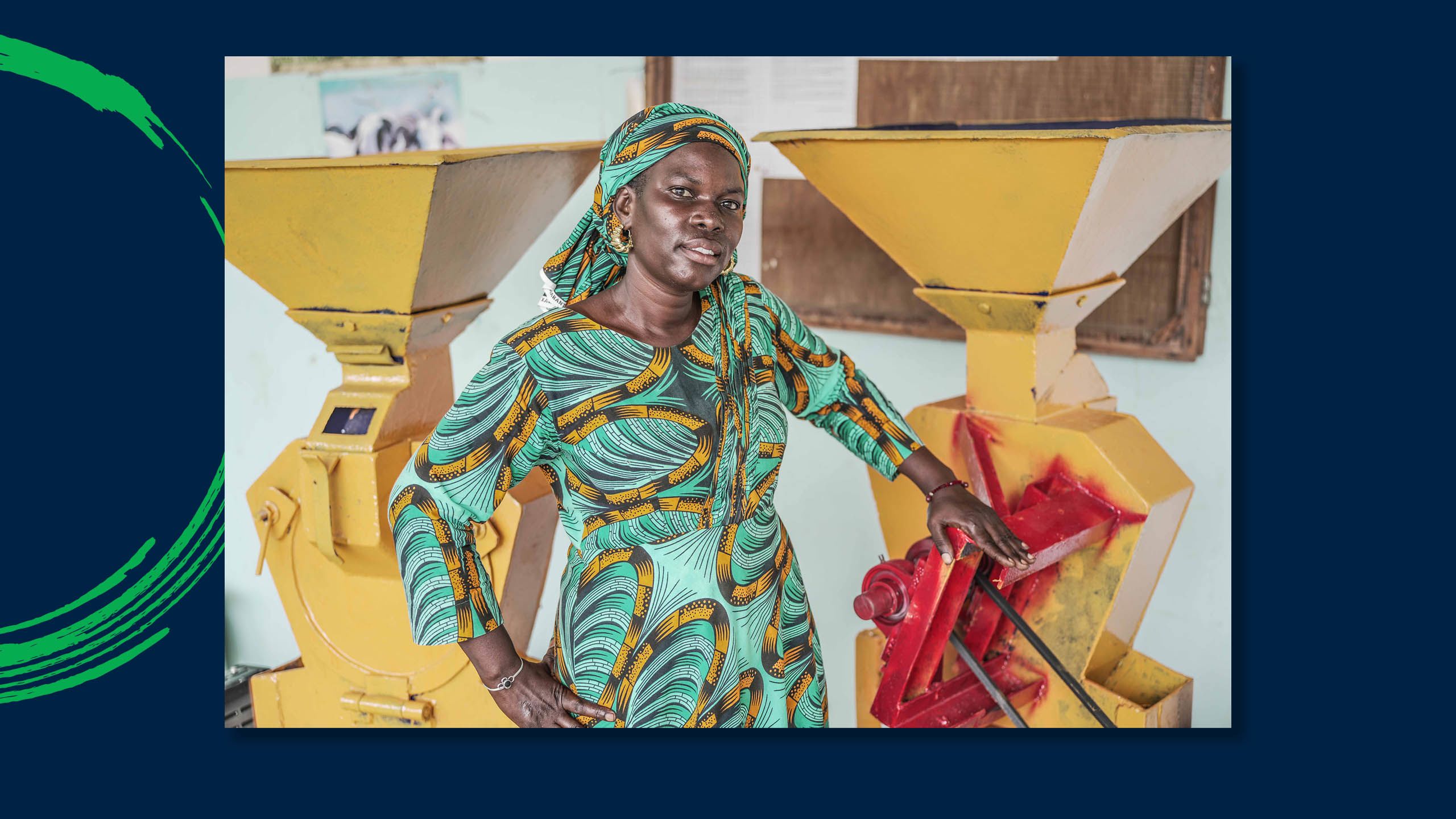
“I'm a mother. I love cooking couscous for my kids. [Before] today, we had to walk more than 3 km or go by cart to grind our millet. Sometimes, the flour would spill on the way home. It's hard when you know that millet is one of the most consumed foods in the village. Today, thanks to these mills that we have received, not only do women save time in preparing our daily household chores, but we can also go about our daily business.” – Aissata Ka, housewife
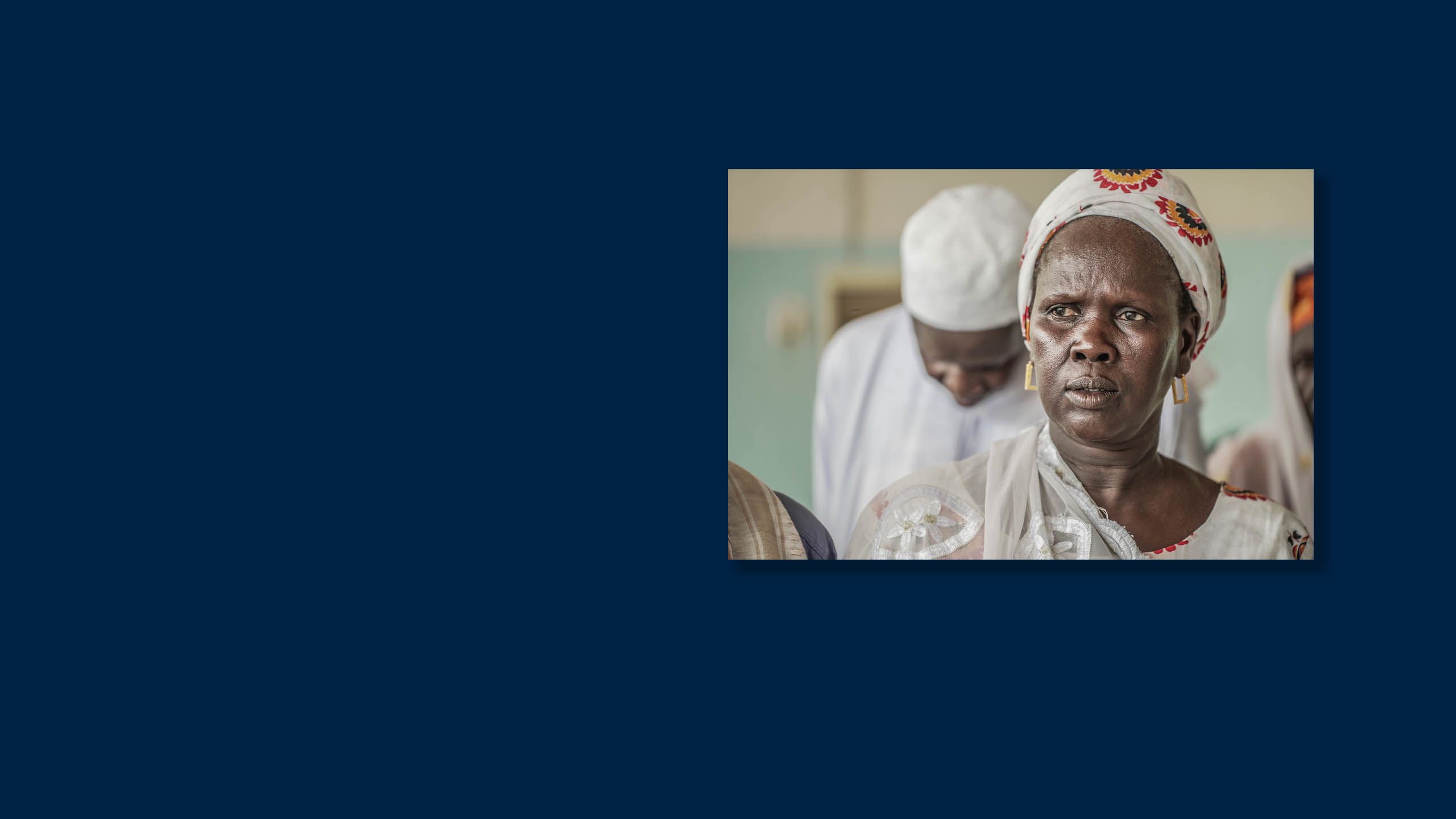
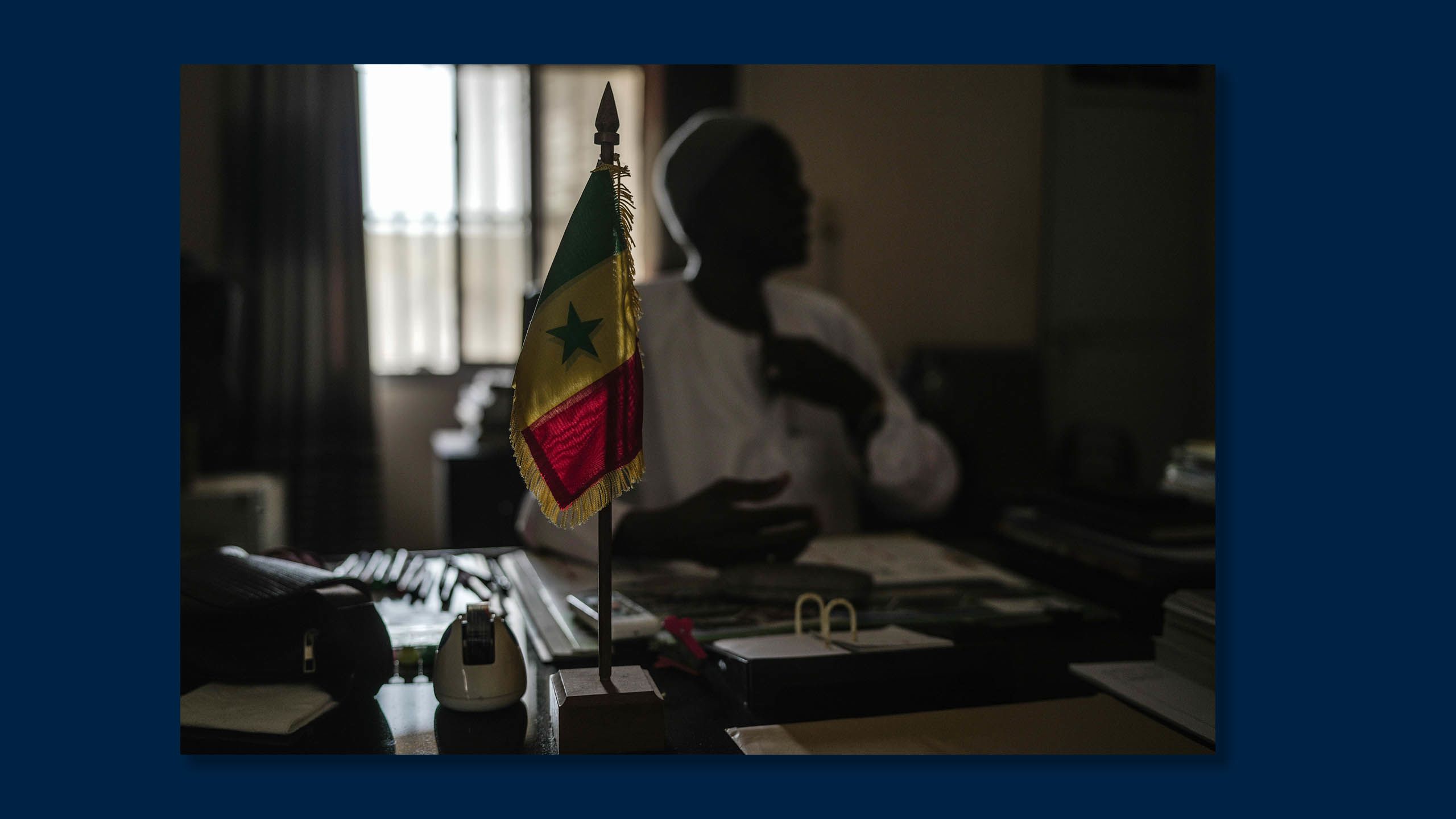
“We have always had an inclusive approach where all parties have been involved in the process, from reflection to execution, from local authorities to populations...the workforce of this 30-hectare solar energy installation project is local.” – El Hadj Ba, Mayor of Kael
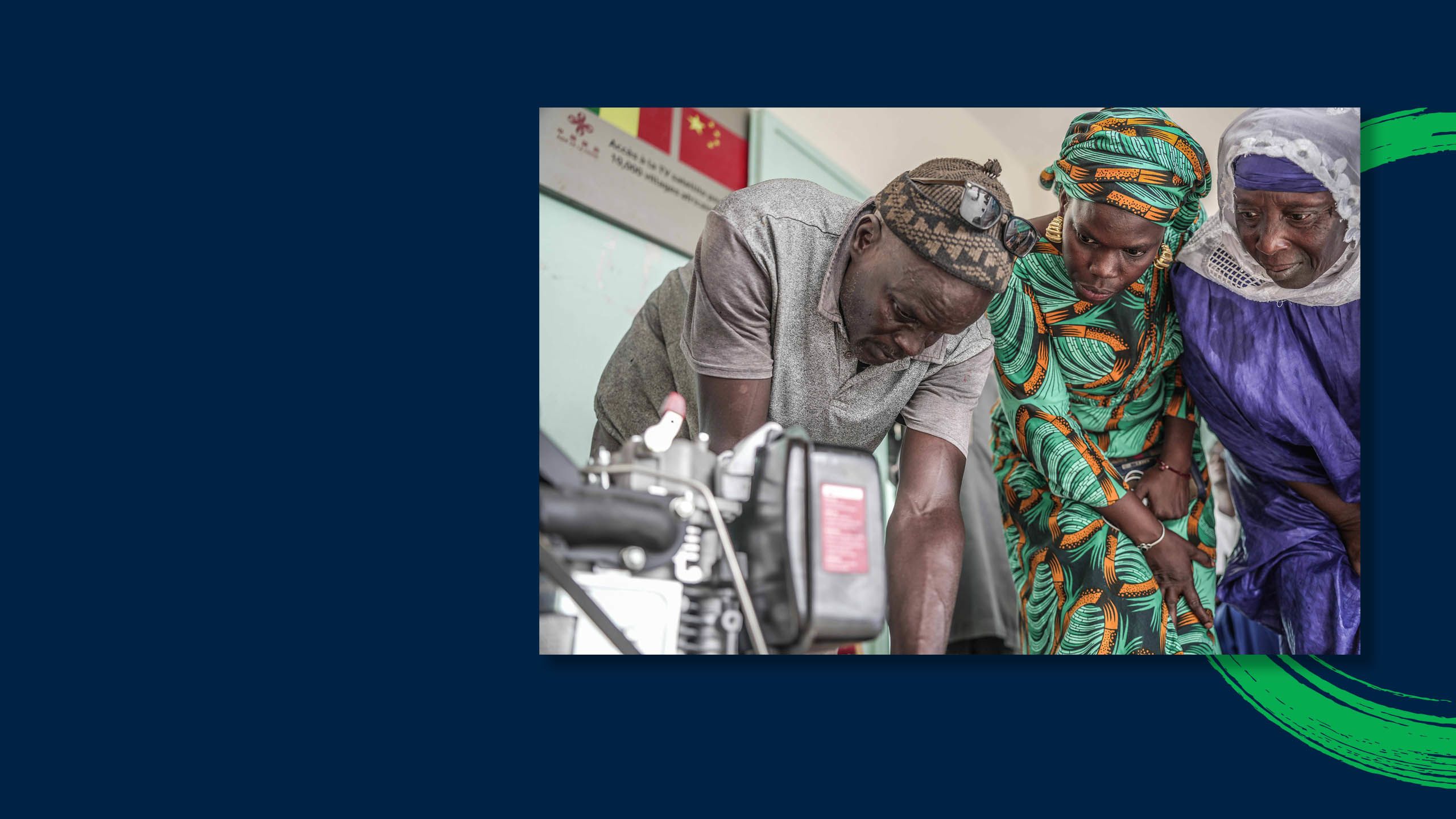
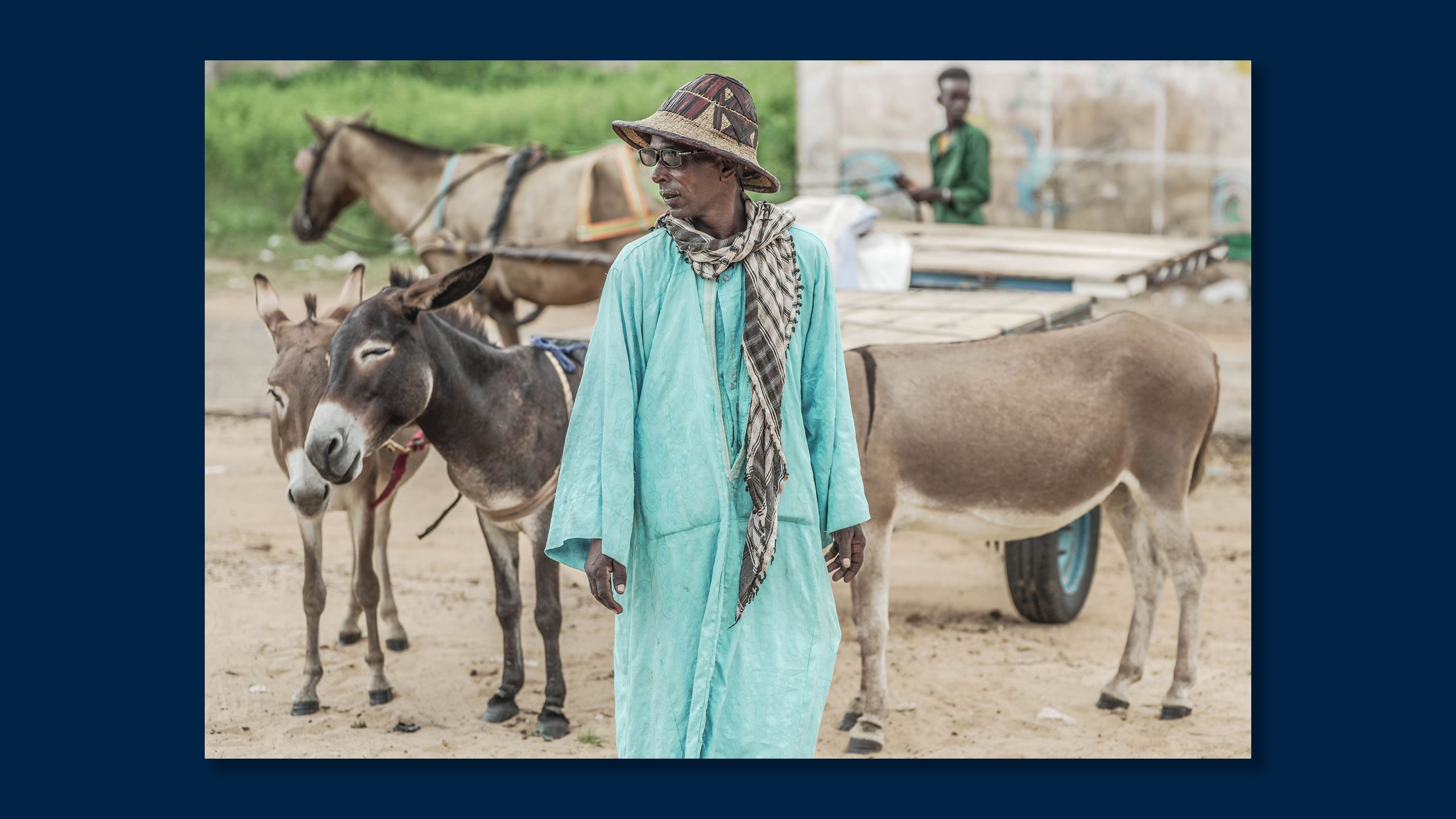
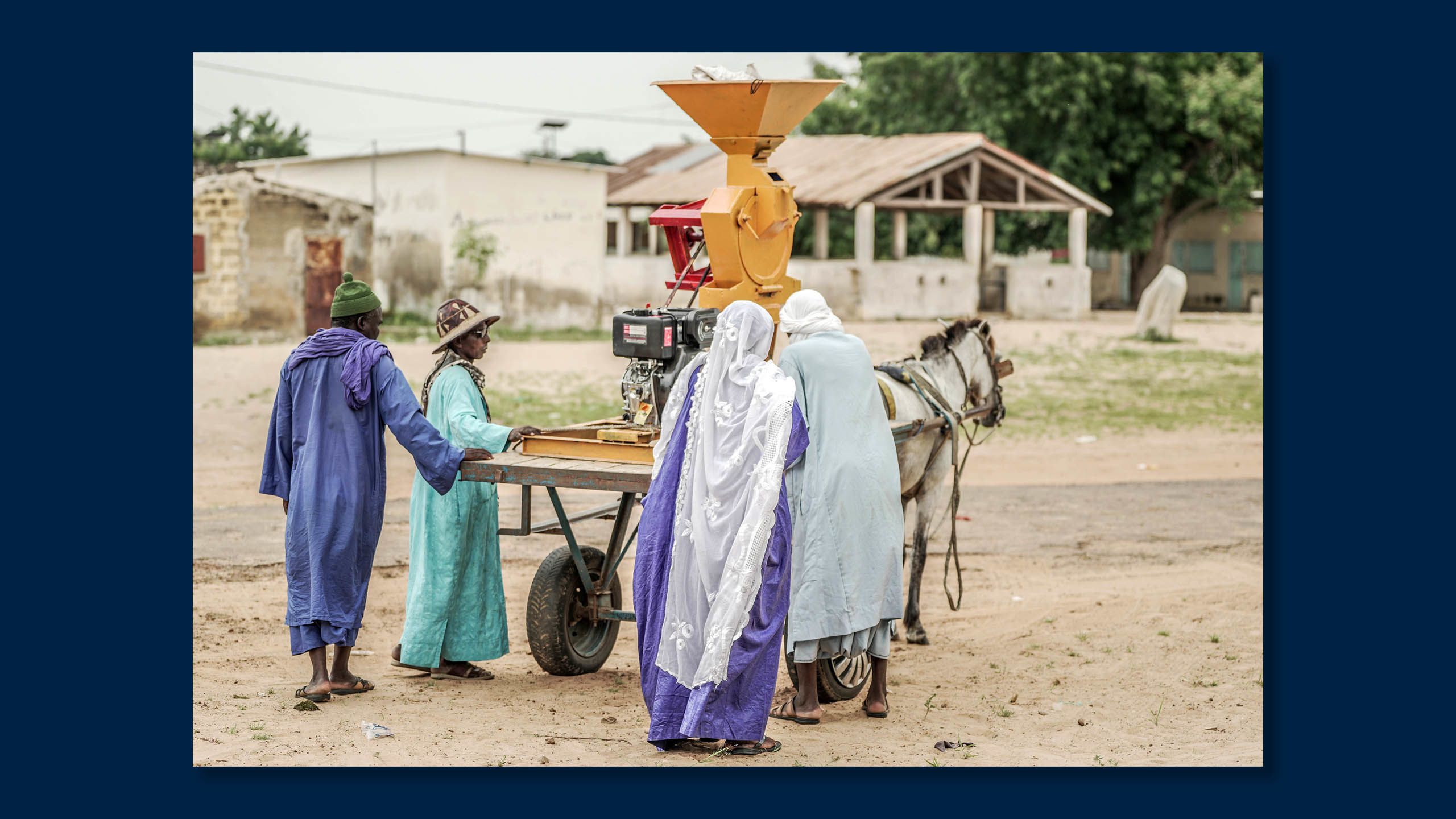
The two plants are sponsored by Engie, Meridiam, and the Senegalese Sovereign Wealth Fund for Strategic Investments (FONSIS). Project partners include International Finance Corporation (IFC), the Finland-IFC Blended Finance for Climate Program, the European Investment Bank, and French development finance institution Proparco. The Multilateral Investment Guarantee Agency (MIGA), a member of the World Bank Group, issued guarantees to support the plants, providing protection against non-commercial risks for a duration of up to 15 years.
Published November 2023
More on Scaling Solar












